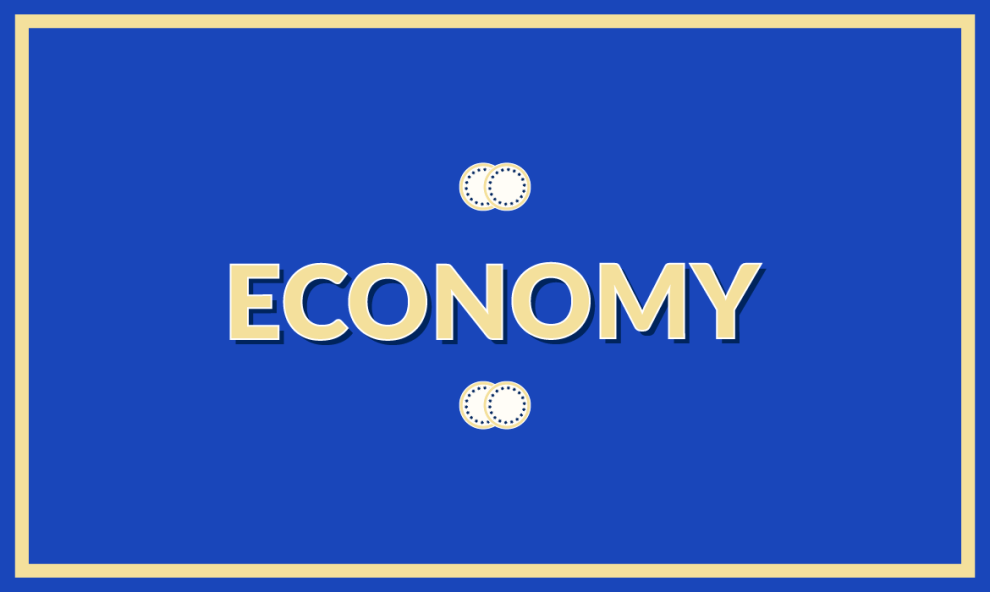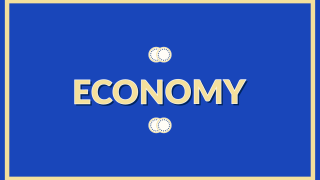Imagine a place where everyone is suspicious of others, in which everyone is willing to achieve their goal at any price, and one in which abusing and assaulting a neighbor is not only common practice but enjoys full legitimacy. Sounds far-fetched and rather ludicrous, but this is the logic that characterizes our tax system and, indeed, much of the way our economy is run. And not only the economy.
The government does not trust the citizen, the citizen distrusts the government and we all think we are very smart when we prove the other wrong. The distrust is so widespread that speed bumps are put next to traffic lights to enforce the stop signs ant traffic lights. With such levels of mistrust it is impossible for things to work because everyone is always thinking about how to best protect themselves, and which path, regardless of how shady it might be, they must take to survive and, in some cases, succeed.
The tax issue is a particularly soar one because mistrust has monumental consequences. The big vice of the old political system -the endless need to control everything and everyone- never disappeared from the field of economic governance, especially the fiscal side. What disappeared, or was attenuated in the political realm, as a result of the PRI’s defeat in 2000, is still alive among the tax authorities and not because of ill faith, but because it is the animal’s nature. The spirit of control is the result of mistrust and this constitutes an obstacle to economic growth.
There is much talk of the need for a fiscal reform and, throughout this decade, there have been several attempts to change the tax regime in order to ensure higher revenues with a better distribution of the tax burden. None of these reforms has prospered in part because members of the Legislature have had an excessive concentration of their own short term goals, but mostly because there is no understanding of the overall impact of taxation on economic growth. The fact that the proposed reforms always come along with ever more stringent control and regulation mechanisms deters even those who support and share the need for a comprehensive reform in this area. Paradoxically, the more controls there are in place, the greater the size of overall evasion.
The first question that should be addressed is who pays and how much it costs to comply with tax obligations. If such a perspective were to be followed, the emphasis would inevitably fall on how to reduce the costs of compliance to encourage the formalization of those who today are in the informal economy.
Instead of approaching the issue this way, the tax authorities are so suspicious of the citizens that the whole focus is on imposing regulations and endless bureaucratic rules whose sole purpose is control, not economic development. This way of approaching the tax issue discourages the creation of formal businesses, increases the size of the informal economy, and overloads those who fully meet their obligations and satisfy all requirements and procedures. At the same time, it makes it easier for larger companies, those that do have the resources to defend themselves, to focus on the extraction of rents instead of increasing productivity. The sum of this vicious cycle is that less formal enterprises are created, there is a decrease in the taxpayer base, and the tax authority feels it necessary to employ so called “terrorist” tactics to accomplish its responsibilities. The economy ends up being extremely inefficient as too many resources are devoted to tax avoidance and all at the expense of economic growth.
This belligerent logic of suspicion practically forces people and businesses to avoid taxes and live in the informal economy. Instead of using available resources to create current and future wealth, the government devotes available resources to compensate politically powerful groups in order to maintain the status quo. The vicious circle is closed when political criteria, including the nurturing of clienteles, matches the fiscal one because this way everybody ensures that nothing will change.
The mistrust that reigns in the government regarding businesses and citizens in general, has its mirror image on the other side, although for different reasons. Every time that the government imposes a regulation, the public looks for a way to go around it. It does not matter how many rules, a frequent event, the tax authorities issues, there will always be a creative mind devoted to avoid falling into the clutches of the Treasury. Along the way, vast resources that could be used to create wealth and jobs are squandered.
Countries that work best tend to have tax systems that are very different from ours: they typically concentrate on a combination of a general consumption tax (a VAT) with an income tax with one rate and minimal deductions. This approach makes life easier for the taxpayer and encourages formalization. With a simpler scheme like this, politicians can empower themselves to universalize the VAT because the benefits to the population become tangible and obvious.
Instead of this, what is being discussed in Congress is exactly the opposite: more and higher taxes, new tax rates, new regulations, and an even greater complexity. The tax collection logic behind the project under discussion is at odds with the urgency to stimulate economic growth. Thus, unless the objective is explicitly defined as the growth of government, the entire discussion is flawed and will not help solve the problem we are in.
The context in which the fiscal plan is presented is even more pernicious: we have companies in trouble because of the current economic situation and the fiscal approach entails charging more to those in urgent need of oxygen. How does the government and Congress expect that this will contribute to a rise in investment, a condition that, one would assume, is necessary for economic activity to flourish?
The obsession with macroeconomic balance is fully justified and is a sine qua non condition to maintain economic stability. However, public finances cannot be seen as an objective in themselves. Public finances are a tool to promote development and the fact that they are in balance should be seen as the result of a successful policy approach. Working towards a fiscal balance as the one and only objective only achieves the annihilation of the economy and when this happens, finances and government are no longer relevant.
Control uber alles






Comments